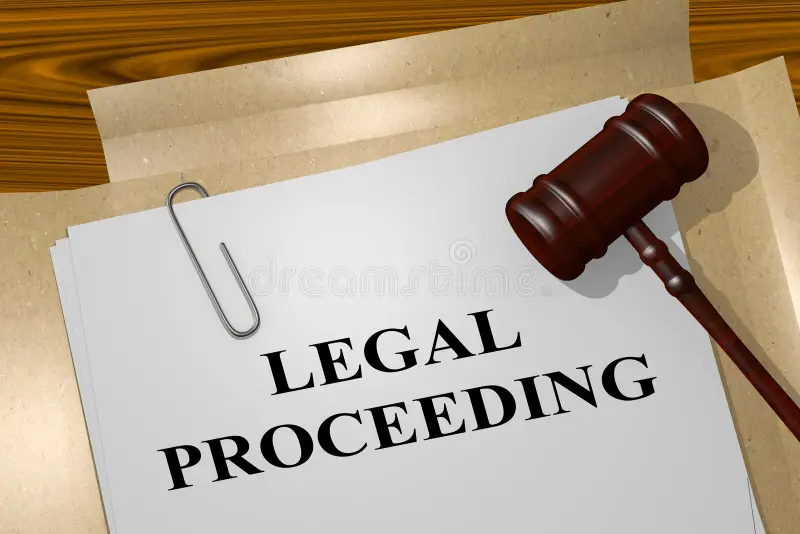✅ Step 1: Filing a Lawsuit (Statement of Claim)
The plaintiff prepares a petition in accordance with the prescribed format, attaches relevant evidence and documentation, and submits it to the competent People’s Court.
Key requirements:
- Properly identify the court with jurisdiction
- Clearly state the parties’ details, legal grounds, and specific claims
- Attach all supporting evidence substantiating the claim
📌 Note: A petition that is incorrectly formatted, lacks necessary documents, or is filed with the wrong court may be rejected immediately.
✅ Step 2: Assignment of the Judge
Upon receiving the lawsuit, the Chief Justice of the Court assigns a Judge to review the case file. The assigned Judge will examine the petition and may request the plaintiff to amend or supplement it if necessary.
⏳ Timeframe for review and issuance of acceptance notification: 5 working days
✅ Step 3: Acceptance of the Case
If the petition and documents are deemed valid, the Judge will issue a notice requesting payment of the advance court fee. After the plaintiff submits the payment receipt, the Court will officially accept the case for resolution.
At this stage, the lawsuit enters the formal judicial process.
✅ Step 4: Conciliation (Mediation)
The Court organizes a mediation session to encourage the parties to voluntarily settle the dispute.
- If mediation is successful, the Court will issue a decision recognizing the parties’ agreement, and the case will be closed.
- If mediation is unsuccessful, the case proceeds to the trial preparation stage.
🤝 Mediation is a crucial stage that helps save time, costs, and maintain relationships between parties.
✅ Step 5: Trial Preparation
The Judge conducts procedural activities, such as:
- Collecting additional evidence (if necessary)
- Summoning relevant parties, witnesses, and individuals with related interests
- Proposing directions for handling the case before trial
⏳ Standard preparation period: 4 months from the date of acceptance.
✅ Step 6: First-Instance Trial Hearing
Once the case file is complete, the Court holds a public first-instance trial.
During the trial, the Judge and the Trial Panel will:
- Conduct questioning and hear arguments
- Assess evidence
- Apply legal provisions
- Render a judgment resolving the entire scope of the lawsuit
⚖️ Parties have the right to appeal the first-instance judgment within 15 days from the date of pronouncement or receipt of the written judgment.
🧠 Why You Should Be Represented by a Lawyer in Legal Proceedings
✔️ Ensure procedural compliance and prevent case rejection
✔️ Professionally draft the petition and determine accurate legal grounds
✔️ Prepare comprehensive and compelling evidence
✔️ Defend your rights in court with solid arguments and strategic responses
✔️ Minimize legal risks and financial losses
🏛️ Dai Huy Hoang Law Firm – Your Trusted Litigation Representative
With a team of dedicated litigation attorneys who have years of experience in both civil and administrative proceedings, we proudly offer:
📌 Full-service legal advice and dispute resolution
✍️ Drafting of petitions, evidence gathering, and court filings
👨⚖️ Representation in both first-instance and appellate court hearings
🔒 Commitment to confidentiality, dedication, and aggressive protection of your legal rights
✅ We don’t just handle your documents — we build smart litigation strategies that are legally sound and argumentatively strong.
📞 Contact Us Now to Protect Your Legal Rights!
🏢 Dai Huy Hoang Law Firm
📍 Ho Chi Minh City Office: 2nd Floor, 829 Huynh Tan Phat Street, Phu Thuan Ward, District 7
☎️ Hotline: 089 935 27 77
📩 Email: contact@dhhlawfirm.vn
📌 Save time – Reduce legal risks – Expedite your registration with professional legal services from Dai Huy Hoang Law Firm!


